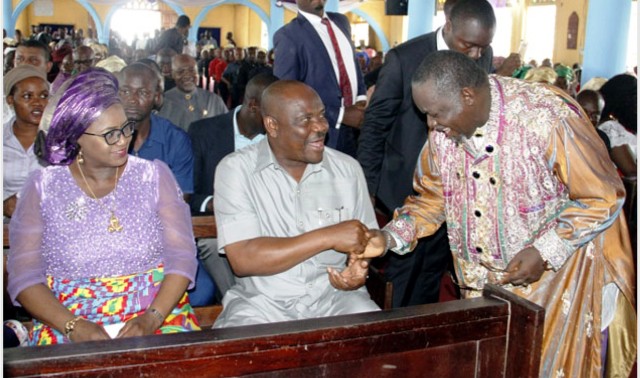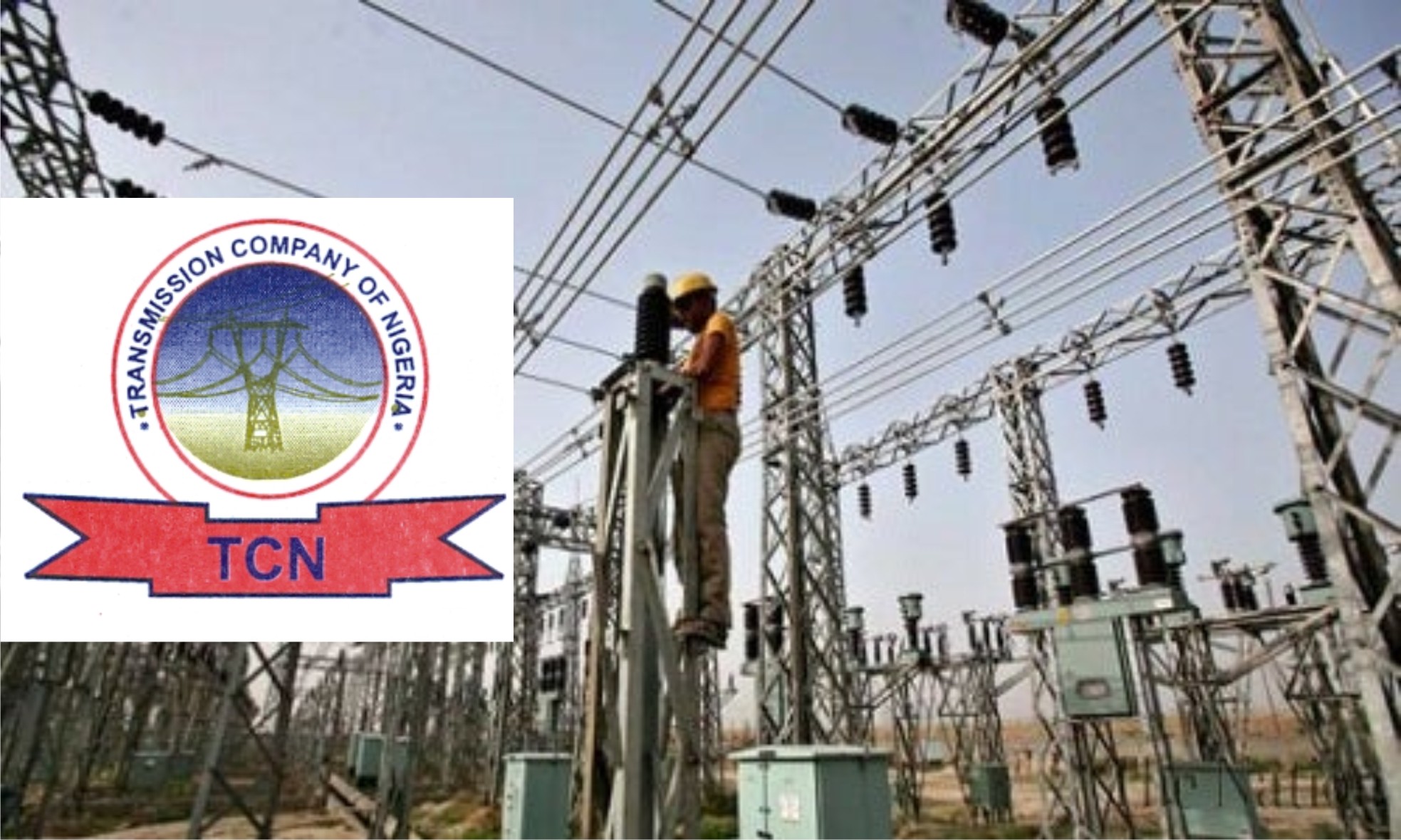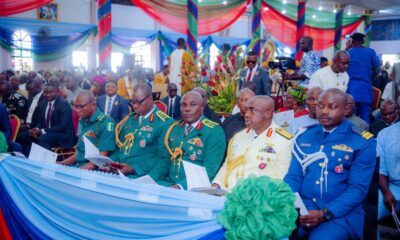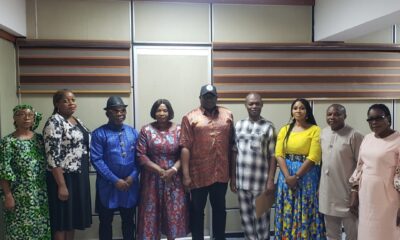Business
PH Residents Commend NUPENG’s Strike Suspension

Port Harcourt residents have expressed joy over the call-off of the nationwide strike embarked upon by the National Union of Petroleum and Natural Gas Workers (NUPENG).
Some of the residents who spoke to The Tide yesterday said, the early call-off had saved the citizens from untold hardship.
A taxi driver, Christopher Emmanuel, said “I feel relieved when I heard of the call-off yesterday because since NUPENG announced the industrial action, I had been wondering how I would cope with the suffering that goes with it.
“The scarcity of petrol would affect my family’s income and freedom of movement.
“I thank NUPENG and the federal government for their understanding”, he said.
Another resident, Chima Elem, said “whenever the oil workers embark on strike, it grounds socio-economic activities in the society. So the early intervention of the government had saved the masses from all the hardships that go with oil workers’ strike.
Elem who commended the understanding between the leadership of NUPENG and the federal government, appealed to both parties to ensure that all issues concerning the strike be resolved totally to avoid the oil workers taking their agitation to the level of a nation-wide strike that would put everybody in hardship.
Chief Maxwell George, a businessman said, “the call-off of the industrial action is most welcome in view of the hardship Nigerians are passing through as a result of the recession.
“Such a nation-wide strike would have compounded the economic situation for everybody. So I commend NUPENG and also advise the government to always fulfill whatever promise it makes to the various labour groups.
Mrs Clarice Williams, a primary school teacher, said, “the resolve to end or spend the strike is a mark of patriotism on the part of the petrol tanker drivers and the entire NUPENG as a body because it would have worsened things for an average Nigerian.
“The over bearing security officers whose excesses were partly responsible for the strike should please retrace their steps from any such move that could result in tanker drivers’ strike.
“The federal government should prevail on the oil companies to give good welfare to oil workers and also resolve other issues in contention. We don’t need strike now in Nigeria because of the worst economic situation”.
But to Ms May Nnodim, the various unions must make sure they don’t see strike as the only weapon in the agitation.
“Strike is common in Nigeria. It’s either the doctors, or the teachers or any other group. Various labour unions and the federal or state governments must find lasting solution to the problem of strike in the country.
“Any side that is part of the bargain, should ensure it lives up to its bargaining, he said.
It would be recalled that NUPENG’s national leadership declared a nation-wide industrial action which began Monday. The strike was in agitation for better welfare for members and alleged interference by security agencies in the operation of the tanker drivers.
However, the strike was called off yesterday as a result of the federal government’s intervention.
Chris Oluoh
Business
CBN Unveils NTNIA, NRNOA Accounts For Diaspora Nigerians’ Investment

Business
Diesel Price Hike: Manufacturers Opt For Gas

Business
TCN Debunks Grid Collapse, Says Lines Tripped

-
Business14 hours ago
Subscribers Set To sue Telecos Over Proposed Tariff Hike
-

 News13 hours ago
News13 hours agoLet’s Celebrate Gallantry Of Soldiers More While Alive Than In Death – Fubara
-
Rivers14 hours ago
NGO Seeks Better Health For Women, Children
-
Sports12 hours ago
Gokana Chairmanship Cup Symbol Of Unity Peace – Chairman
-

 Business13 hours ago
Business13 hours agoTCN Debunks Grid Collapse, Says Lines Tripped
-

 News11 hours ago
News11 hours agoReps Give FG 72 Hours To Unfreeze NSIPA’s Accounts
-
Business14 hours ago
Abia Communities Protest Over Nsulu Aurport Project … Allege Exposure To Farmland Extinction
-

 Niger Delta12 hours ago
Niger Delta12 hours agoWelfare Ministry Reviews 2024 Milestones … Prioritizes Remodeling Children’s, Elderly Homes

